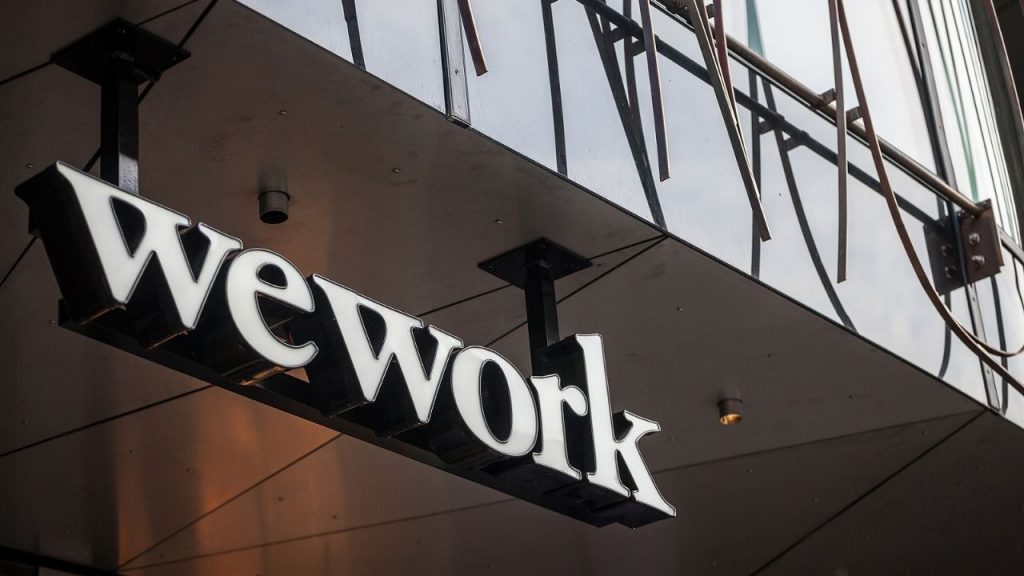As companies stay private longer, alternative capital becomes increasingly attractive. Venture debt is not new, but twists on this model are taking new prominence in how startups pay for their growth, for example. The expanding value of what young technology companies create could be helping change the market for how they are financed: Many tech startups build software, and the value of software revenues has grown in recent quarters. Why? Because if a company can borrow capital at rock-bottom effective rates, it will nearly always prove more inexpensive over the long term than selling shares in its business that have essentially uncapped upside. TechCrunch held a panel on revenue-based financing at Disrupt the other week, from which we’ve pulled a number of quotes to help frame our thinking around venture capital investment and when startups may want to pursue other methods of funding. With alternative capital concerns like Pipe attracting top talent while expanding to new markets, and Clearbanc rebranding to Clearco while raising $100 million earlier this year, it’s clear that the market for funds outside of traditional venture checks is maturing. Not just SaaS. While we tend to view the larger startup market through the prism of software, the recent Warby Parker public offering makes it clear that venture-level returns are possible for companies with a number of business models.




















OWNER/OPERATOR
Playlist
Listen to to daily real estate news updates. Playlist is udpated routinely throughout the day. Click to add to your personal radio session.
Latest News
Select the latest real estate articles to add to your personal radio playlist. Sports articles are curated from all around the web, covering the most popular topics and news stories.
[fap_track url="https://storage.googleapis.com/oz-hameed-test/1573660239728-Office_Lifestyle_Amenities_Are_Fueling_Competition_For_Talent.mp3" title="Office Lifestyle Amenities Are Fueling Competition For Talent" share="" cover="https://aboutcoworking.com/wp-content/uploads/2019/11/img_5945-1024x576-1-150x150.png" meta="Office Lifestyle Amenities Are Fueling Competition For Talent" layout="button" enqueue=yes auto_enqueue=no]
AllWork.Space
[fap_track url="https://storage.googleapis.com/oz-hameed-test/1573660239728-Office_Lifestyle_Amenities_Are_Fueling_Competition_For_Talent.mp3" title="Office Lifestyle Amenities Are Fueling Competition For Talent" share="" cover="https://aboutcoworking.com/wp-content/uploads/2019/11/img_5945-1024x576-1-150x150.png" meta="Office Lifestyle Amenities Are Fueling Competition For Talent" layout="button" enqueue=yes auto_enqueue=no]
Latest Podcast
Want an extended listening experience? Select one or more of the real estate podcast below to add to your personal radio playlist.
No data was found













